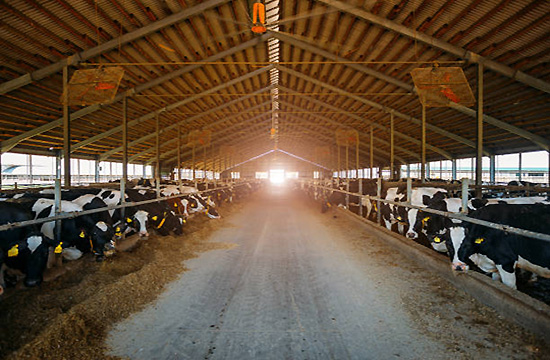
The ecological challenge of food production demands immediate attention and action. Unsustainable practices have pushed our planet to the brink, threatening ecosystems, biodiversity, and the well-being of communities. . Understanding the causes, impacts, and barriers associated with food production can pave the way for sustainable solutions.
We must prioritize regenerative and organic farming practices, promote resource efficiency, and foster stakeholder collaboration to secure a sustainable food production future and protect our planet's health.
Inefficiencies, environmental degradation, and unsustainable practices plague the current food production system. The challenge necessitates the exploration of alternative realities in food production, seeking innovative solutions that prioritize sustainability, efficiency, and ecological resilience.
Industrial agriculture and traditional aquaculture practices have led to soil degradation, water pollution, and biodiversity loss. Embracing new approaches is essential to mitigate these environmental impacts and ensure a sustainable future.


Addressing the ecological challenge of food production methods has its challenges. Logistical barriers, such as the need for infrastructure and technology, pose significant obstacles. Financial constraints make it difficult for farmers to transition to more sustainable practices.
Additionally, the complexity of the global food system and the resistance to change within the industry hinder progress. Overcoming these challenges requires a collective effort and a shift towards more sustainable and regenerative practices.
The urgent need for eco-scaling demands immediate attention as we strive to implement sustainable practices on a larger scale. The ever-increasing global population and changing consumption patterns put immense pressure on our natural resources. The reliance on conventional, resource-intensive production methods exacerbates environmental degradation.
The consequences of failing to achieve eco-scaling are far-reaching, threatening food security, human health, and the overall well-being of communities worldwide.


The challenge of limited natural resources, the decline in biodiversity, and the pressing need for sustainable growth demand immediate attention and collective action. The interconnected nature of these problems necessitates holistic solutions that address the root causes and promote sustainable practices.
By transitioning to sustainable and regenerative practices, we can mitigate the ecological impact of food production and pave the way for a healthier and more resilient future.

